
Oscar J Jeke- Zim Now Reporter
A group of 49 white South Africans, predominantly Afrikaners, arrived in the United States this week under a controversial refugee resettlement initiative introduced by former U.S. President Donald Trump. Citing alleged racial persecution and violence against white farmers in post-apartheid South Africa, the policy has triggered widespread backlash and strained diplomatic relations between the two nations.
The arrivals were received at Washington’s Dulles International Airport by U.S. officials and are expected to benefit from expedited immigration processing, though the path to citizenship will still take several years. The Trump administration, with support from South African-born billionaire Elon Musk, has repeatedly promoted unverified claims of systemic discrimination, farm seizures, and even genocide targeting white South Africans — claims that have been widely debunked by human rights groups and both South African and international authorities.
South African President Cyril Ramaphosa has rejected the classification of these individuals as refugees, stating that their departure reflects an unwillingness to embrace a transformed society, rather than persecution. Foreign Minister Ronald Lamola also noted that while farm attacks do occur, they affect both Black and white citizens, and incidents have been declining in recent years.
Diplomatic tensions escalated further when the U.S. repurposed office space in Pretoria to accommodate future Afrikaner arrivals and floated the idea of boycotting the upcoming G20 summit in Johannesburg. South African Ambassador Ebrahim Rasool was subsequently banned from the U.S. by Secretary of State Marco Rubio following criticism of the policy.
Related Stories
The Episcopal Church has announced it will end its decades-long participation in the U.S. refugee resettlement program in protest. The church cited its commitment to racial justice and solidarity with the Anglican Church of Southern Africa, a historic opponent of apartheid. Presiding Bishop Sean Rowe condemned the prioritization of white South African refugees over others who have waited for years, including U.S. military allies and victims of religious persecution. Church World Service, another major faith-based resettlement agency, has expressed concern but remains open to assisting the Afrikaner families.
The Trump administration has so far granted refugee status to 59 white South Africans under a February executive order that designated Afrikaners as a priority refugee group. This directive comes in stark contrast to Trump’s general hardline stance on refugee admissions, particularly those from predominantly non-white regions.
According to the U.S. State Department, over 8,000 white South Africans have since expressed interest in refugee status. The newly arrived families will be resettled in states such as Minnesota, Idaho, and Nevada, where they have been briefed on employment expectations and integration programs.
President Trump has doubled down on his decision, accusing mainstream media of ignoring what he described as a “silent genocide.” He maintains that race is not a factor in his concern, though critics argue the policy clearly privileges white refugees over others in urgent need.
Despite making up only 7% of South Africa’s population, white citizens continue to control a disproportionate share of farmland and enjoy significantly higher average incomes than the Black majority. Ramaphosa has emphasized that South Africa’s proposed land reform measures, including expropriation without compensation, have yet to result in any actual land seizures.
The resettlement initiative, dubbed “Mission South Africa,” reportedly began after Musk alerted Trump to the issue. With mounting criticism from both international leaders and domestic political figures, the initiative is shaping up to be a major test of diplomatic and racial policy under Trump's influence.










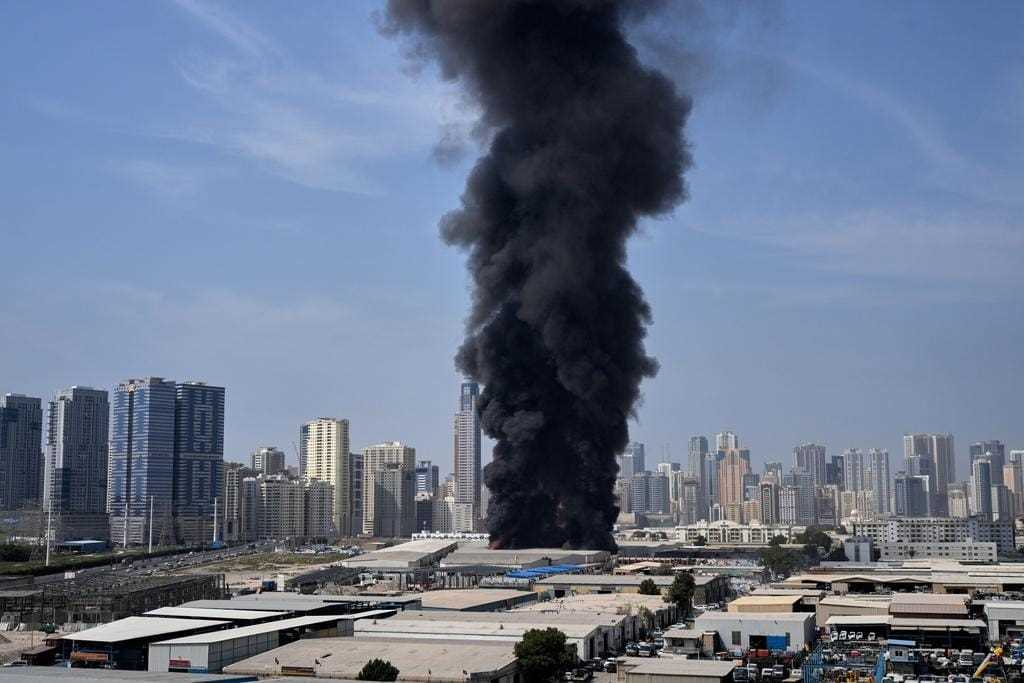

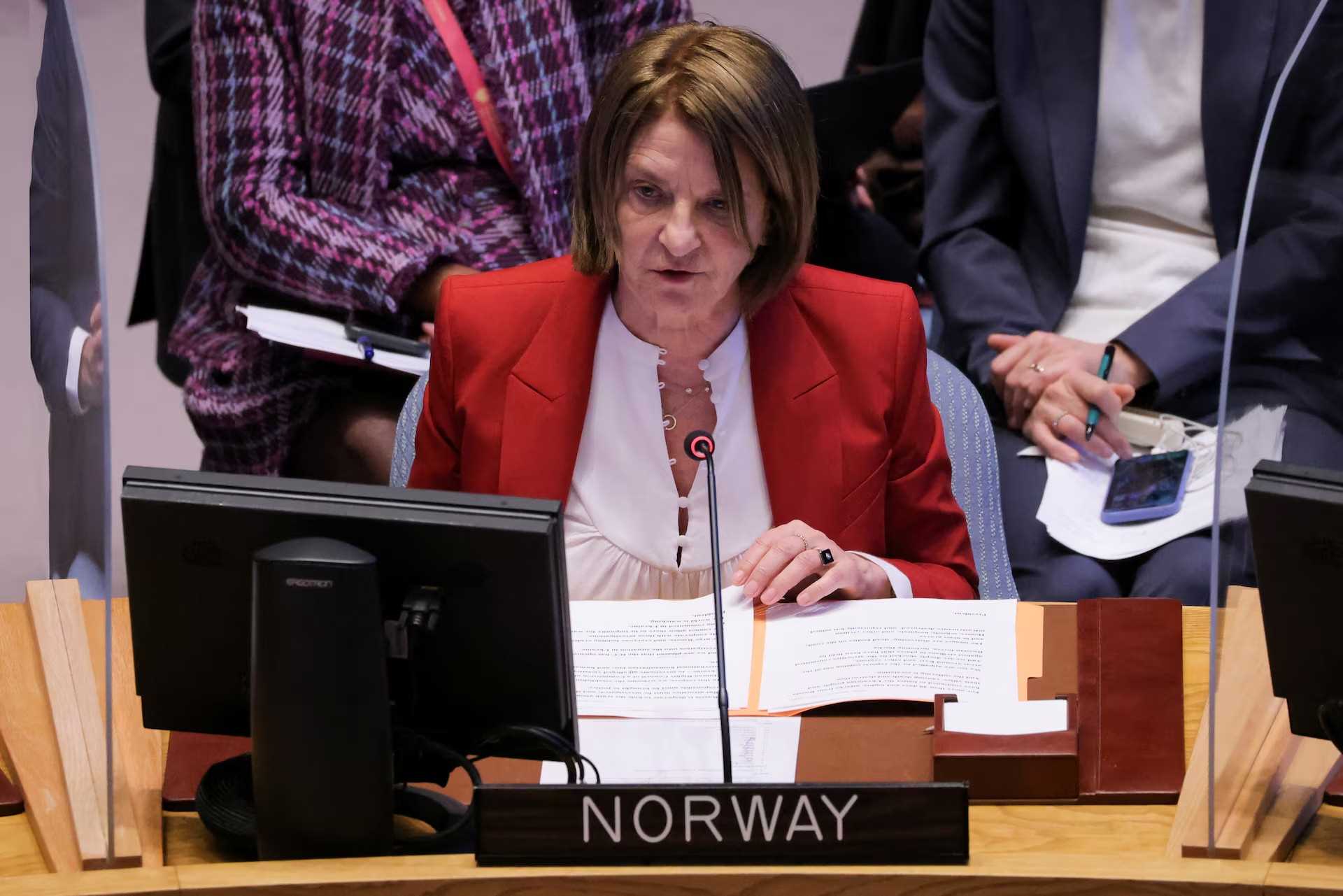

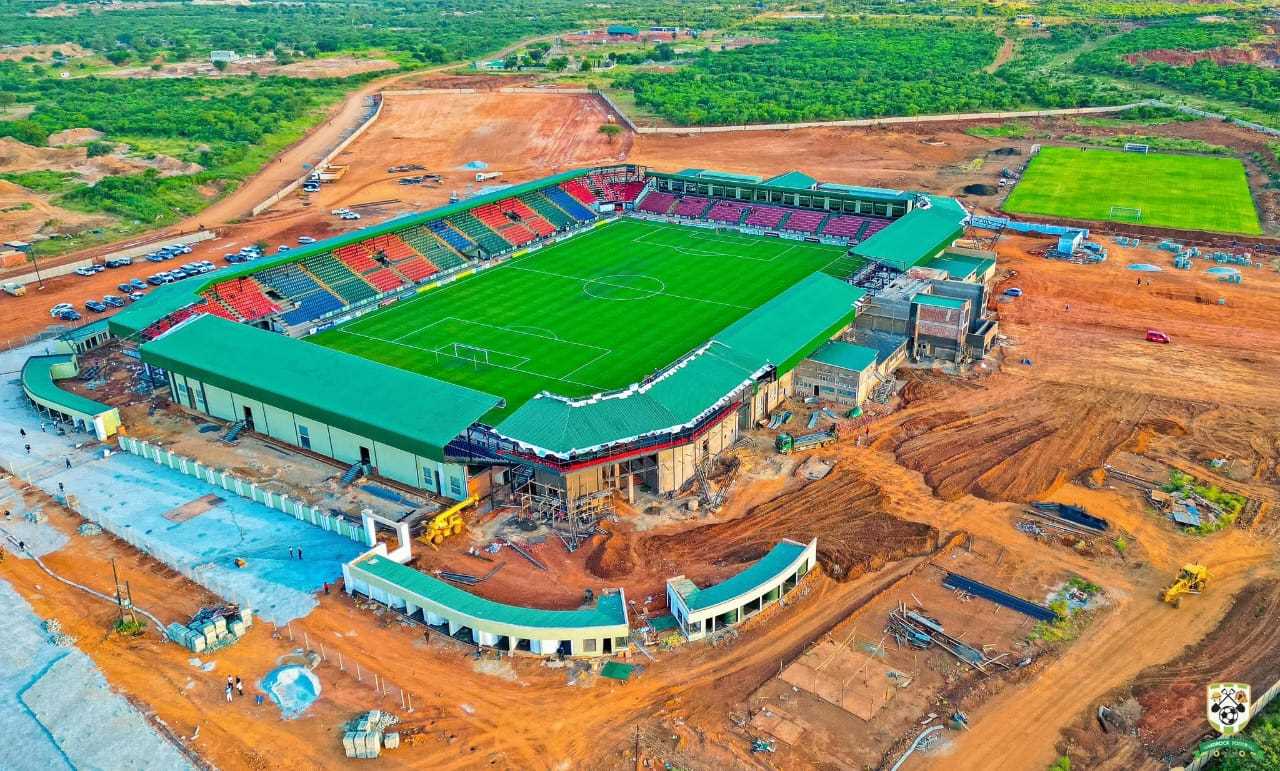
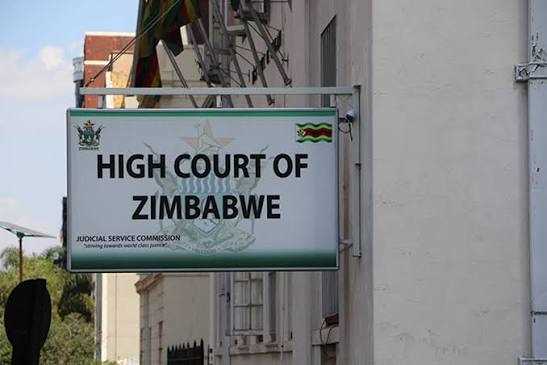
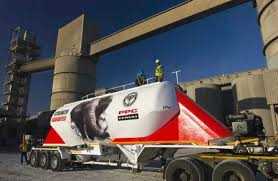


Leave Comments